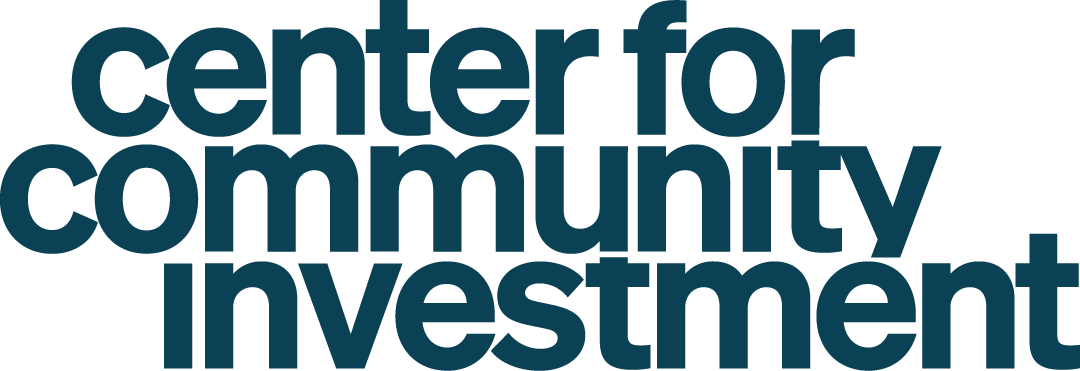In late 2020, four Fulcrum Fellow alumni wrote the essays in Centering Black People in Community Development: New Visions from Black Women Leaders. They contributed to highly visible conversations that were happening around the country about racial and economic justice and a just recovery from the COVID-19 pandemic. Three years later, we’re reflecting on what has changed since that moment. We asked Sarida Scott, author of Thoughts on Centering Blackness and Employment Equity in Detroit, what she’s learned since 2020 and what’s next for employment equity in Detroit. Read her original essay and explore her thoughts.
As I reread my thoughts on employment equity from 2020, I see two phenomena occurring at once. On the one hand, 2020 opened the door to deliberate conversations about race. Everybody could see that there were undeniable, racialized disparities in how people experienced the pandemic. Additionally, the pandemic showed that everything is related – we can’t talk about employment without talking about housing, and vice versa.
On the other hand, that open door to conversation also feels like opening the lid on Pandora’s box – and now we have an immense backlash to that moment. There are real efforts on the federal level to prevent us from focusing on race. And since it’s all connected, decisions like the one made on affirmative action extend from education to employment, housing, and more.
In the context of both of those phenomena, incredible work is happening in Detroit. Looking at the 2024 State of the City, we’ve gone from having the nation’s highest unemployment rates in 2013 at 18% to our lowest in over two decades last year at 7%.
A piece of that employment work I’d like to highlight is the Detroit at Work initiative, which leverages federal and philanthropic funds toward a comprehensive effort to support Detroiters with stipends to finish high school, develop life skills, take employment skills training, and provides wraparound services to focus on both job attainment and job retainment.
The reality is, you can create more jobs and you can train more people, but if you don’t focus on the factors that prevent job retention – housing, transportation, childcare – you’ll end up with a gap.
I’m proud to say that those of us who were sitting around workforce development and employment equity tables in 2020 were pushing for exactly the kind of holistic approach we’ve seen in Detroit at Work and other programs. I’m feeling hopeful about Detroit, but the challenge now is to keep the progress moving despite frustration, fear, and precarity at the federal level. There’s a fear that this kind of creative, gap-filling work will be met with legal pushback – the fear has a chilling effect on people and funders.
So, I encourage people to prepare themselves for that kind of pushback with data about what these programs can accomplish. Amid this fear around emphasizing race, we have data showing that focusing on Black workers does not happen at the expense of serving other workers. When leaders target the challenges that Black workers encounter when it comes to attaining or retaining employment, they’re going to ultimately develop programs that support and benefit everyone. There’s a false narrative that if we talk about race, it’ll take away from equality and equity. It’s not the case and the data show the mutual benefit.
The flipside to that mutual benefit is that if people think that Detroit can fail while the rest of the state survives and thrives, they’re just wrong. It doesn’t matter how anyone feels about Detroiters, they must see that we’re all together in this system. I’ve never before seen these kinds of attacks, division, and fear, but this incredibly hard work will benefit everyone, it will strengthen the ecosystem, it will strengthen the economy. I believe in the fight – it is a great fight to be in, it is worthwhile, and we have wins to celebrate.
Interview transcribed and written by Zev Alexander

